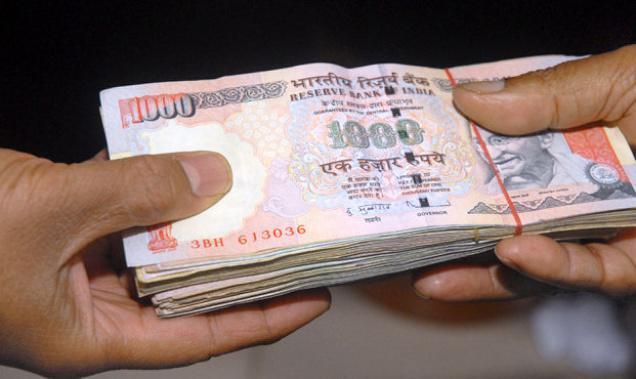Search
All About Aadhaar Virtual ID and Limited KYC
January 17, 2018
The Unique Identification Authority of India (UIDAI) has introduced two new features in its Aadhaar scheme for enhanced security- Limited KYC and Aadhaar-Virtual ID.

This was done mainly in light of the recent concerns regarding the security of the Aadhaar service, after reports about the leakage of Aadhaar database for just Rs. 500 were published at various news portals. But are these features really effective? How do they work?
What is Aadhaar Virtual ID (VID)?
A Virtual ID or VID is a 16-digit number that’s randomly generated for your actual Aadhaar number at the time you need it for verification or identification purposes at a government office, mobile company, etc.
Since VID is used as a substitute for your Aadhaar, your Aadhaar is concealed and protected when you have to share the details.
A user can go to the UIDAI website to create their VID which is valid for a small period. They can create as many VIDs as they want, but at one time only one VID is activated. According to UIDAI, it’s not possible to extract a user’s Aadhaar from their VID. Ajay Bhushan Pandey, UIDAI CEO puts it as, “Virtual [ID] is one of [the] biggest recent innovations in this field.”
UIDAI said it will release the API for the VID service for the software developers by March 1st this year.
What is Limited KYC?
Limited KYC is another layer of security that was created to protect the various databases of Aadhaar numbers that are with the banks, insurance companies, mobile companies, etc.
Under Limited KYC, UIDAI will divide the Authentication User Agencies (AUAs) into two groups:
- Global AUAs
- Local AUAs
The Global AUAs are the ones that need to store the full details of the Aadhaars as per the law (banks, government bodies, etc.). However, smaller AUAs that don’t warrant high priority or usage will be tagged as Local AUAs. They will not be allowed to store the Aadhaar numbers but rather get ”UID Tokens” from the UIDAI that will help with the verification in an indirect and “safe” manner.
The deadline for Limited KYC is June 1st.



